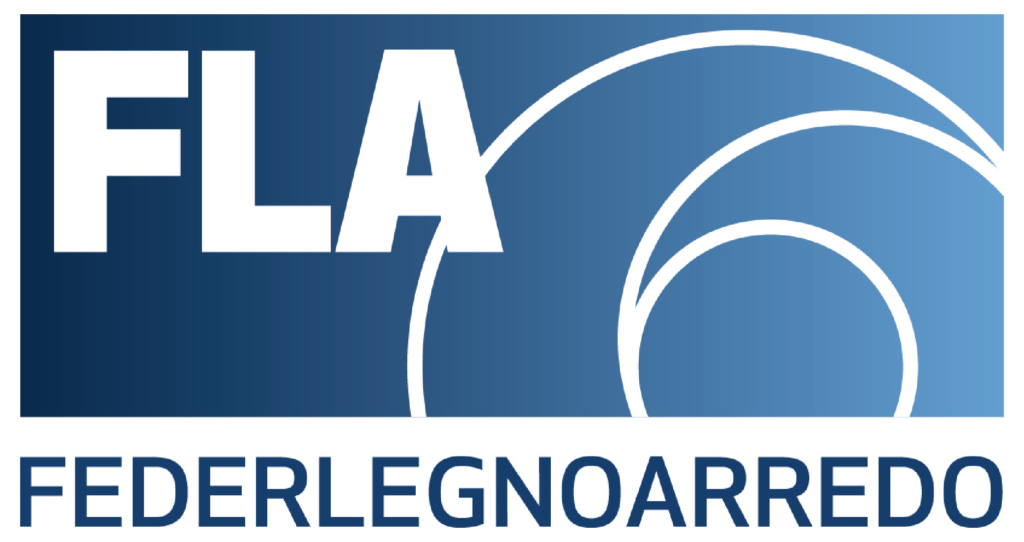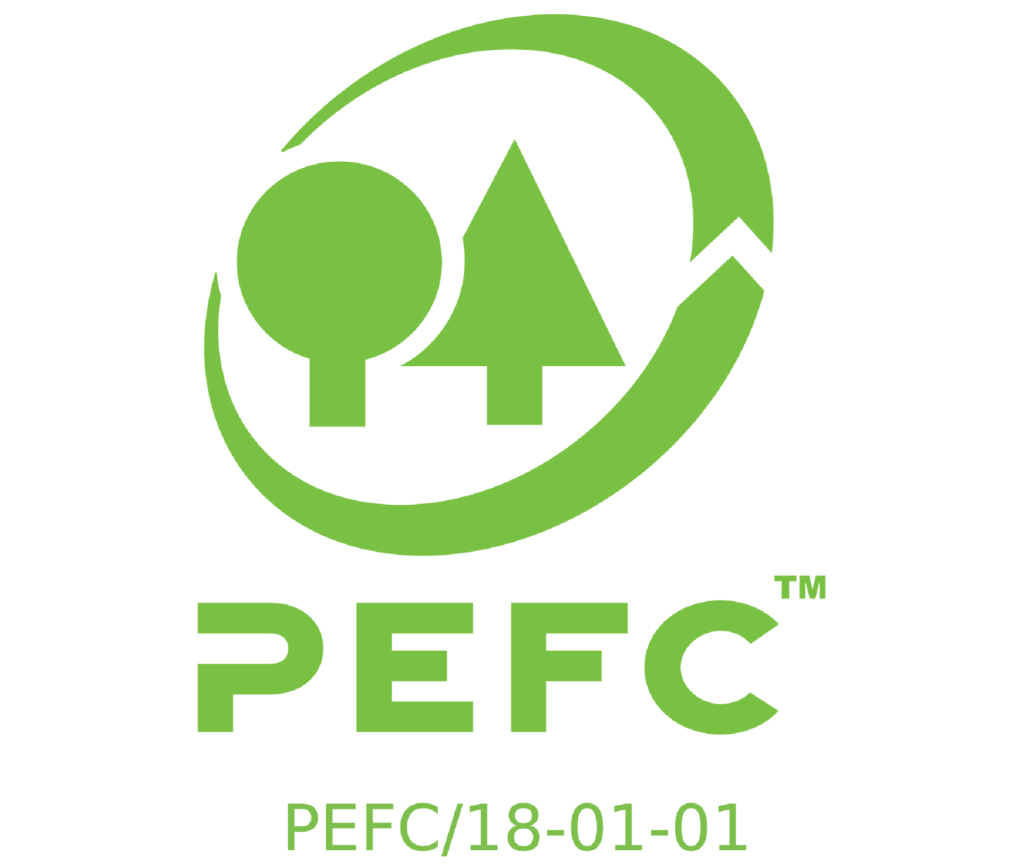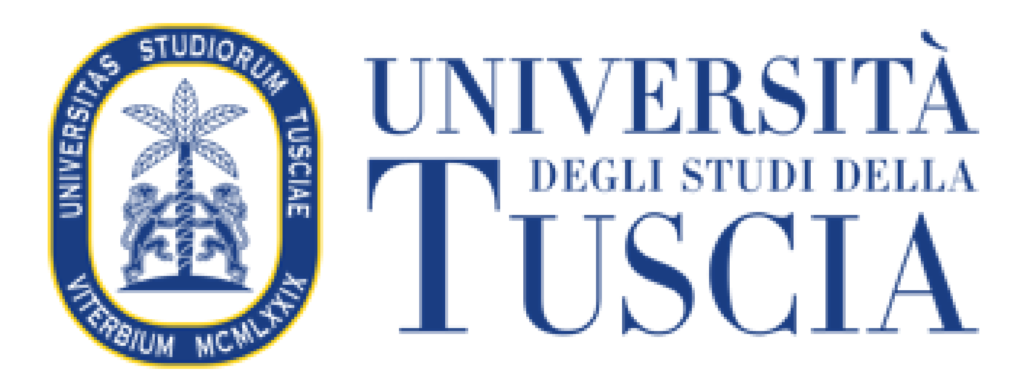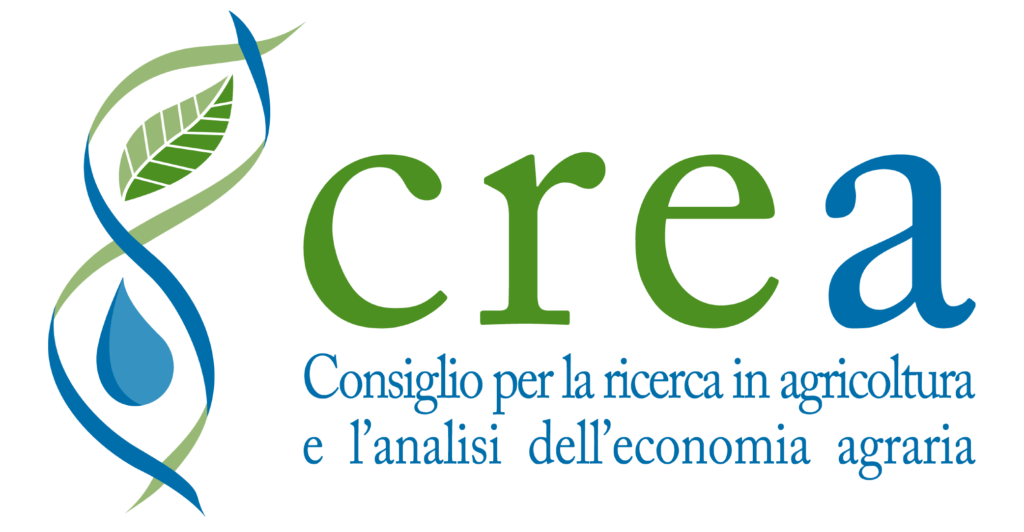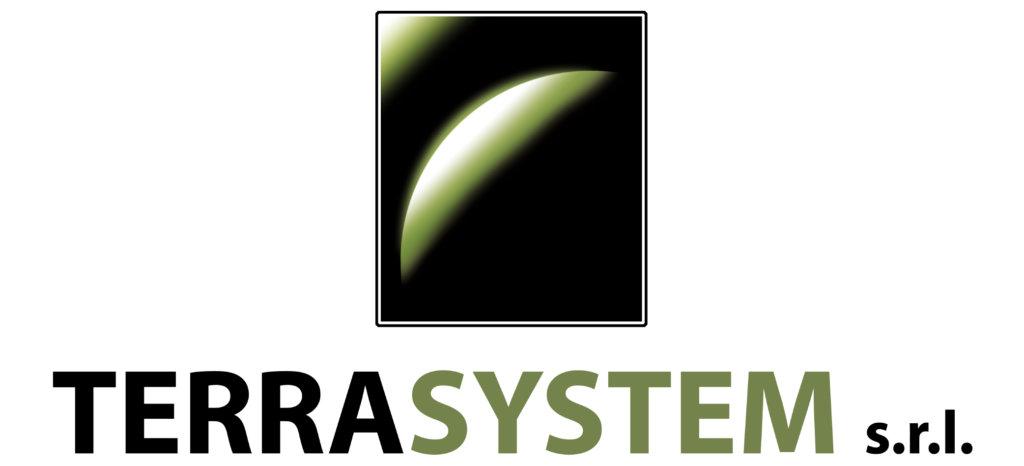FederlegnoArredo is the Italian Federation of Woodworking, Cork, Furniture, Lighting and Furnishing industries. Founded in 1945, it associates more than 2200 enterprises, ranging from SMEs to industry leaders, and includes 11 sectoral associations, 7 affiliated associations and a Young Entrepreneurs Group. Each association includes member companies that range from the first importers of raw materials (wood) to semi-finished products (panels) and finished product (wooden construction products, interior finishing, furniture, office furniture, and lightning equipment). In addition to institutional representation, it is also a social partner from the employers’ side at national level. It offers the following services to companies: support in internationalization; access to qualified economic data about our sector; consultancy services on environmental and safety regulations and technical standards; consultancy services on the protection of IPR; consultancy services on custom and export procedures; access to up-skilling education and training for associate companies’ employees. Through its affiliate society, they organize the biggest international fair for the furniture sector, the Salone Internazionale del Mobile, which takes place in Milan, and welcomes more than 300,000 operators per year.
Partners
Website:
The Programme for the Endorsement of Forest Certification (PEFC) Italy is a non-profit, nongovernmental organization dedicated to promoting Sustainable Forest Management (SFM) through independent third-party certification. The PEFC certification works throughout the entire forest supply chain to promote good practice in the forest and to ensure that timber and non-timber forest products are produced with respect for the highest ecological, social and ethical standards. Thanks to the PEFC label, customers and consumers are able to identify products from sustainably managed forests. As a part of an umbrella organization, PEFC Italy is a national forest certification system developed through multi-stakeholder processes and tailored to local priorities and conditions. PEFC Italy is one of the 54 recognised national forest certification systems and it is an independent, non-profit, non-governmental organisation, founded in 2001 which promotes sustainably managed forests through independent third party certification. In Italy 881.638,26 forest hectares are PEFC certified with 1.258 PEFC CoC certified Companies (October 2020).
Website:
CONFAGRICOLTURA is the most important collective organization of farmers in Italy (a private confederation of associations of farmers with 41 millions euro total turnover), representing 60% of the country’s territory, 70% of the agrifood turnover, and 34 % of the italian farmers. Confagricoltura supports agricultural businesses that aim at quality and technological innovation, both for procedures and products. It works towards the development of Italian agriculture, primary sector of the national economy from which both the community, the environment and the territory can benefit. Confagricoltura has 140 offices all over the Italian Regions, more than 1600 employees, giving assistance to the thousands of associates (186.000) and representing the legitimate interest of the farmers versus European and national institutions and governmental and public authorities. Confagricoltura is a full member of COPA COGECA and CEJA in Bruxelles, and of the National Food Technology Platforms Food For Life, coordinated in Rome. In an increasingly dynamic context, Confagricoltura aims at the essential contribution given by research and innovation applied to production techniques and aimed at the development of modern and sustainable supply chains. Confagricoltura also promotes the development of advanced solutions to support the entire decision-making process of farmers, in order to optimize agricultural production through the most recent technologies and methodologies, including new digital farming solutions. Within Confagricoltura there are the product Federations with the aim of promoting, assisting and coordinating the various economic activities for specific sectors. In particular, the federation of forest resources and wood crops aims to trade union representation of the economic interests of entrepreneurs in the forestry sector, such as developing the forestry chain for the sustainable production of construction timber.
Website:
Rete Clima is a technical body that promotes Corporate Social Responsibility (CSR), sustainability and decarbonisation actions.
The Network supports companies in the development of concrete projects of circular economy, CSR, national forestry, sustainability, communication and environmental and social reporting, GPP and green procurement, decarbonisation and combating climate change (through carbon footprint, CO2 reduction and compensation).
Established in 2011, Rete Clima is today structured as a technical network which, also in connection with the academic and research world, promotes sustainability in Organizations and on the local territory, with a particular sensitivity towards climate warming, the greatest challenge of modern age.
Rete Clima also develops national forest projects, creates models for quantifying carbon flows from / to natural systems and for estimating the ecosystem services generated by these natural systems.
Website:
The Department for Innovation in Biological, Agro-Food and Forest Systems (DIBAF) of the University of Tuscia carries out research and development activities in several fields in forestry and agriculture, from ecology, ecophysiology and silviculture to sustainable forest and cropland management, forest inventories and geomatics, rehabilitation of degraded areas, techniques for wildfire prevention and fighting, and landscape planning. The Department has been involved in several relevant studies and researches on the analysis of the impact of agro-forestry activities, providing scientific advice and support for agroforestry projects at national and international level. UNITUS and people from DIBAF have a long experience in participating and coordinating several national and EU projects dealing with climate change mitigation and adaptation with particular focus on sustainable forest management and land use change and their effects on sinks, sources and fluxes of carbon in the agro-forestry sector, aimed at contributing the EU emission reduction targets. DIBAF is also involved in international (IPCC) and national initiatives (Italian Ministries of Environment and Agriculture, Italian Committee to Combat Drought and Desertification), with expert personnel actively involved in the different activities.
Website:
CREA-PB is a research centre of the National Council for Agricultural research and economics (CREA). It is a public research body, supervised by the Italian Ministry of Agriculture, with a well-established experience of surveys and studies on the economic aspects of agriculture, forestry, fishery and food sector, with special reference to agricultural and rural policies at regional, national and international level. The CREA-PB research centre has app. 400 employees, located in the headquarters in Rome and in 20 regional offices in every Italian administrative region. The institute has carried out research on behalf of several organisations including the EU Commission and Parliament, OECD, the Ministry of Agriculture, the Ministry of the Environment and regional and local authorities and producer organisations. Since 1965 it has acted as the liaison organ of the Italian State to the EU Farm Accountancy Data Network (FADN).
Website:
Terrasystem is a Spin-Off company of the University of Tuscia in Viterbo, founded in 2004 to promote innovation and technology transfer in the fields of agro-environmental monitoring, sustainability of agricultural and forestry production systems and precision agriculture. As a technology partner, Terrasystem participates in research and innovation projects and develops and delivers digital services for agricultural organisations and agro-industry, through the integration of agro-meteorological, IoT, geomatics, modelling and ICT techniques.
Terrasystem has a transversal and synergistic work team with high skills in agronomy, forestry, engineering and IT, specialised in remote sensing and in the processing of big data and artificial intelligence, which complete a group capable of carrying out its own applied research and development projects.
Well-established in national and international research, Terrasystem collaborates with universities and research institutes in the development of agro-environmental monitoring systems and networks and advanced data processing techniques.
Website:
CMCC’s mission is to investigate and model our climate system and its interactions with society to provide reliable, rigorous, and timely scientific results, which will in turn stimulate sustainable growth, protect the environment, and develop science driven adaptation and mitigation policies in a changing climate. CMCC collaborates with experienced scientists, economists, and technicians, which work together in order to provide full analyses of climate impacts on various systems such as agriculture, ecosystems, coasts, water resources, health, and economy. CMCC supports policymakers in delivering highly informed mitigation and adaptation policies. CMCC benefits from the strong experience of itsmembers: Istituto Nazionale di Geofisica e Vulcanologia; Alma Mater Studiorum – Università di Bologna; Università del Salento; Centro Italiano di Ricerche Aerospaziali; Università Ca’ Foscari; Università di Sassari; Università della Tuscia; Politecnico di Milano; Resources for the Future (RFF). CMCC activities are distributed among its research Divisions sharing different knowledge and skills in the field of climate science: Advanced Scientific Computing (ASC); Climate Simulation and Prediction (CSP); Economic analysis of Climate Impacts and Policy (ECIP); Impacts on Agriculture, Forests and Ecosystem Services (IAFES); Ocean modeling and Data Assimilation (ODA); Ocean Predictions and Applications (OPA); Risk Assessment and Adaptation Strategies (RAAS); Regional Models and geo-Hydrological Impacts (REHMI); Sustainable Earth Modelling Economics (SEME). A computing capability of 1.200 TFlops, complements and supports the research activities. Today, CMCC projects’ portfolio includes more than 100 funded projects in FP6-FP7-H2020 and more than 290 funded under other EU and international grants. In about a half of the implemented projects, CMCC acted as the coordinator. The 2019 turnover was equal to 15,2M€ and 112 permanent staff have been working at CMCC.
Website:
STAKEHOLDERS
Since the project builds so strongly on experience and information collection and sharing of data/experience, the involvement of stakeholders in all phases of the project is not only desired, but is a fundamental part of the project success. The following stakeholders will be involved in the C-FARMs project since they expressed a particular interest in the possible outputs through the provided letter of intent.
- ISMEA (Istituto di Servizi per il Mercato Agricolo Alimentare) is a public economic body that develops information, insurance and financial services and establishes forms of credit and financial guarantees for agricultural enterprises and their associated forms, in order to promote information and market transparency, facilitate relations with the banking system and insurance, promote corporate competitiveness and reduce the risks inherent in production and market activities. ISMEA supports the Regions in land reorganization activities, through the formation and expansion of agricultural ownership, and promotes generational turnover in agriculture on the basis of a specific aid scheme approved by the European Commission;
- ISPRA is the GHG inventory compilation agency in Italy including for the LULUCF and Agriculture sector;
- ACCREDIA is the single national accreditation body designated by the Italian government, in application of the European Regulation 765/2008, to certify the competence, independence and impartiality of the certification, inspection and verification bodies, and of the testing of laboratories and calibration;
- CSQA is a certification and inspection company formed in Italy in 1990 from a long established and prestigious institute of biotechnology;
- OPR is the Regional payment entity for the Common Agricultural Policy in Lombardy, committed to engage and reward farmers in the context of Carbon Farming under the existing or reformed CAP;
- DG Environment and Climate of the Lombardy Region is the environmental and climate administration body at Regional level;
